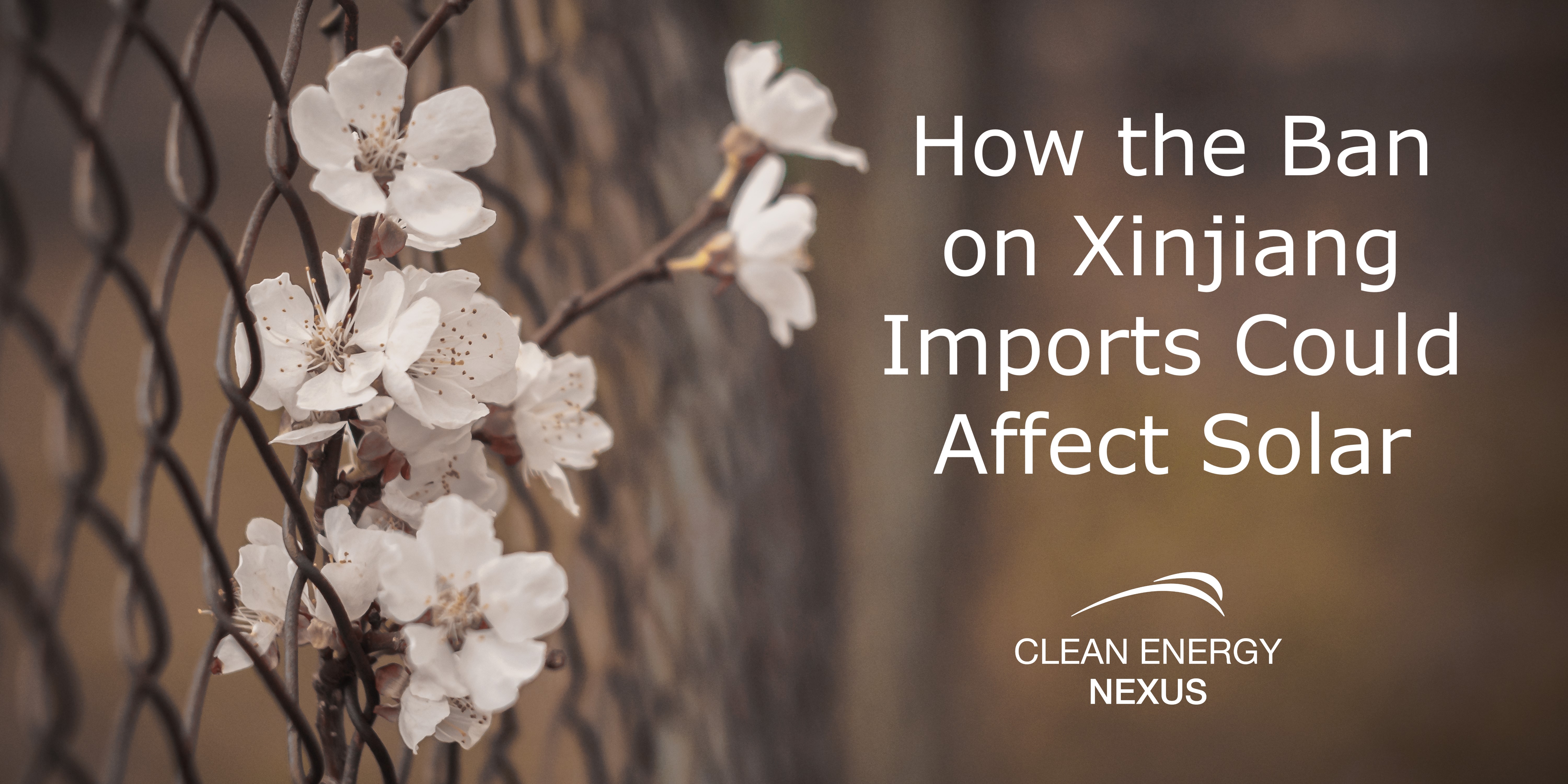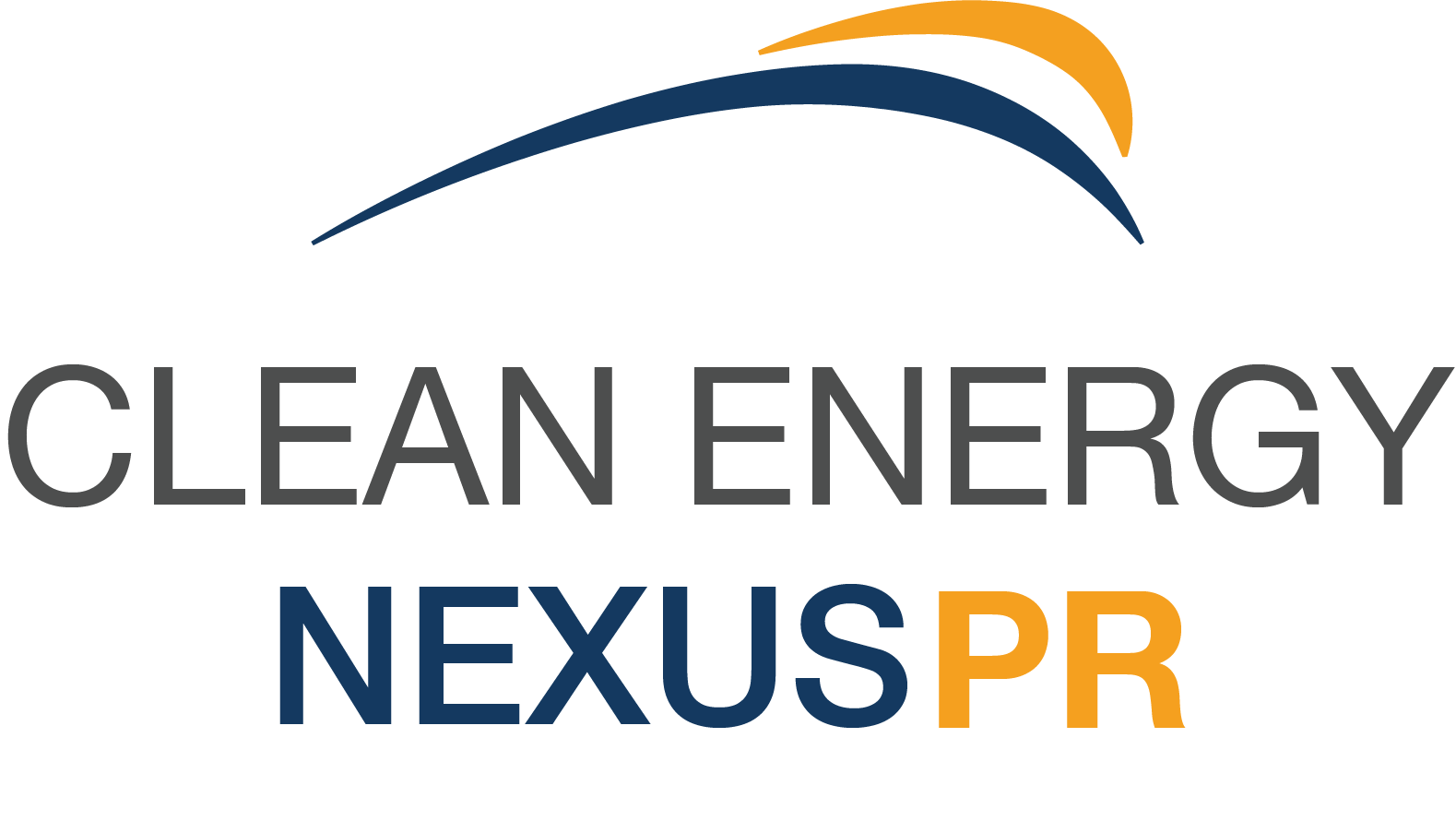The US Senate unanimously passed a bill on July 14th 2021 that would ban the import of all products from the Xinjiang region in China, citing forced labor and regional genocide as their reasons.

This bill, titled The Uyghur Forced Labor Prevention Act after one of the region's most affected minorities and also known as H.R. 6210 , creates a "rebuttable presumption" that all goods manufactured in the Xinjiang region are being made with forced labor and therefore violate the 1930 Tariff Act.
The Smoot-Hawley Tariff Act of 1930, which was signed into law by President Hoover that same year, increased tariffs on over 20,000 imported goods in an effort to protect US farmers and manufacturers, who were finding it difficult to compete with pricing on similar products imported to the US overseas. The act also denied entry to the US for all products manufactured with forced labor or convict labor, with the exception of products where US production was not high enough to meet consumer demand. This exception was removed in 2016 under President Obama.
The Xinjiang region in northwest China borders Mongolia, Kyrgyzstan, Tajikistan, Kazakhstan, Afghanistan and Pakistan, and was changed from a province to an autonomous territory in 1955. It's comprised of a vast region of deserts and mountains and is home to many minorities, including the Uyghur people and other primarily minority Muslim peoples in the area.
The Xinjiang region is also home to more than 70 prisons that hold an estimated 500,000 - 800,000 people who are used for forced labor. Similarly, Xinjiang is also home to re-education camps where it's thought that people are coerced from and moved to factories.
If The Uyghur Forced Labor Prevention Act is signed into law, it will ban the import of all cotton products made in China. It will also affect hair products, computer parts and electronics, and home appliances.
According to the Director of the Loan Programs Office at the US Department of Energy, Jigar Shah, signing this act into law could also impact "40% of all Chinese made/sponsored solar panels".
Major companies with supply chain ties to Xinjiang include Nike, Inc., Apple Inc., and The Coca-Cola Company, who have all lobbied against the act.
Economics tells us that when the supply for a product decreases, the demand, and therefore price, increases.
This potential demand increase could price consumers out of solar projects that pencil now with current manufacturer pricing, and could make it so difficult to find solar panels for projects that they're left on hold indefinitely.
The bill goes back to the House of Representatives next for their approval, and if they pass the bill it will be sent to President Biden to sign into law.
Picture attributed to DepositPhotos.com
